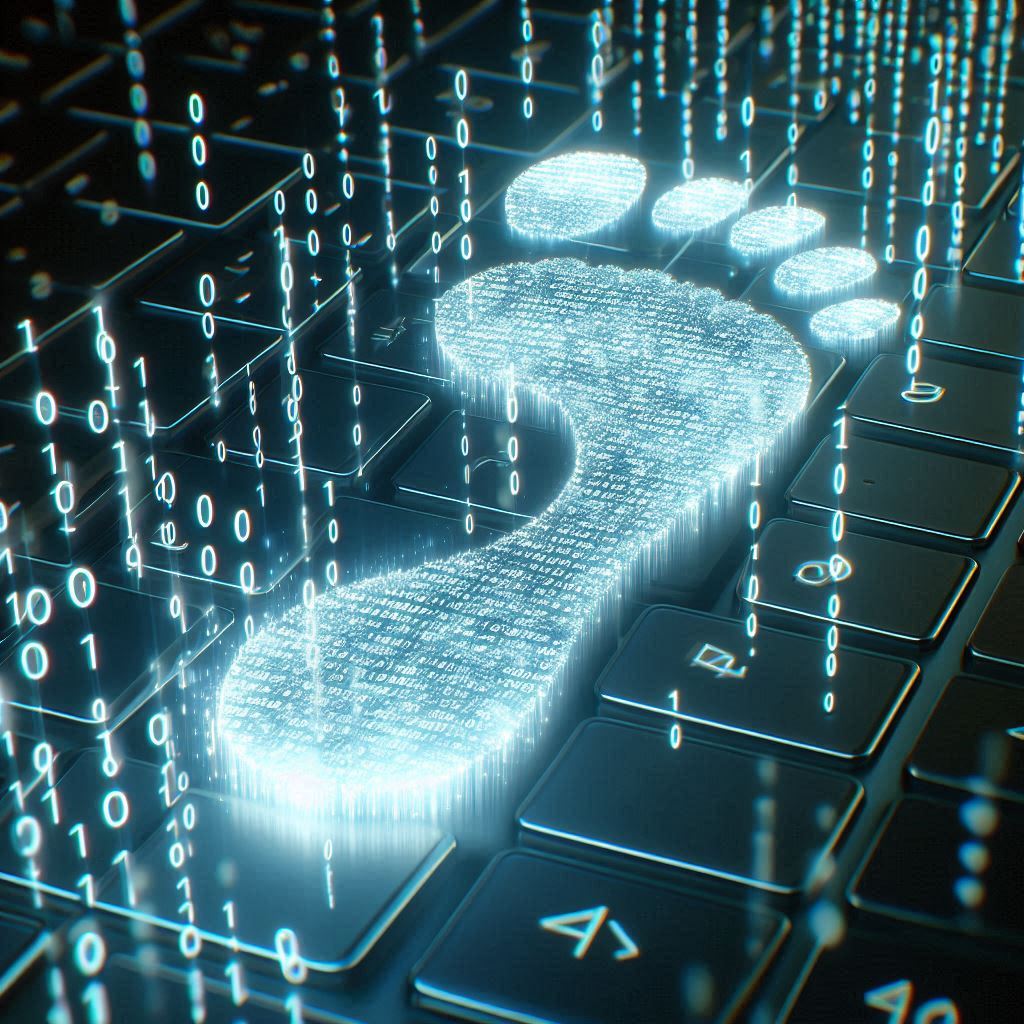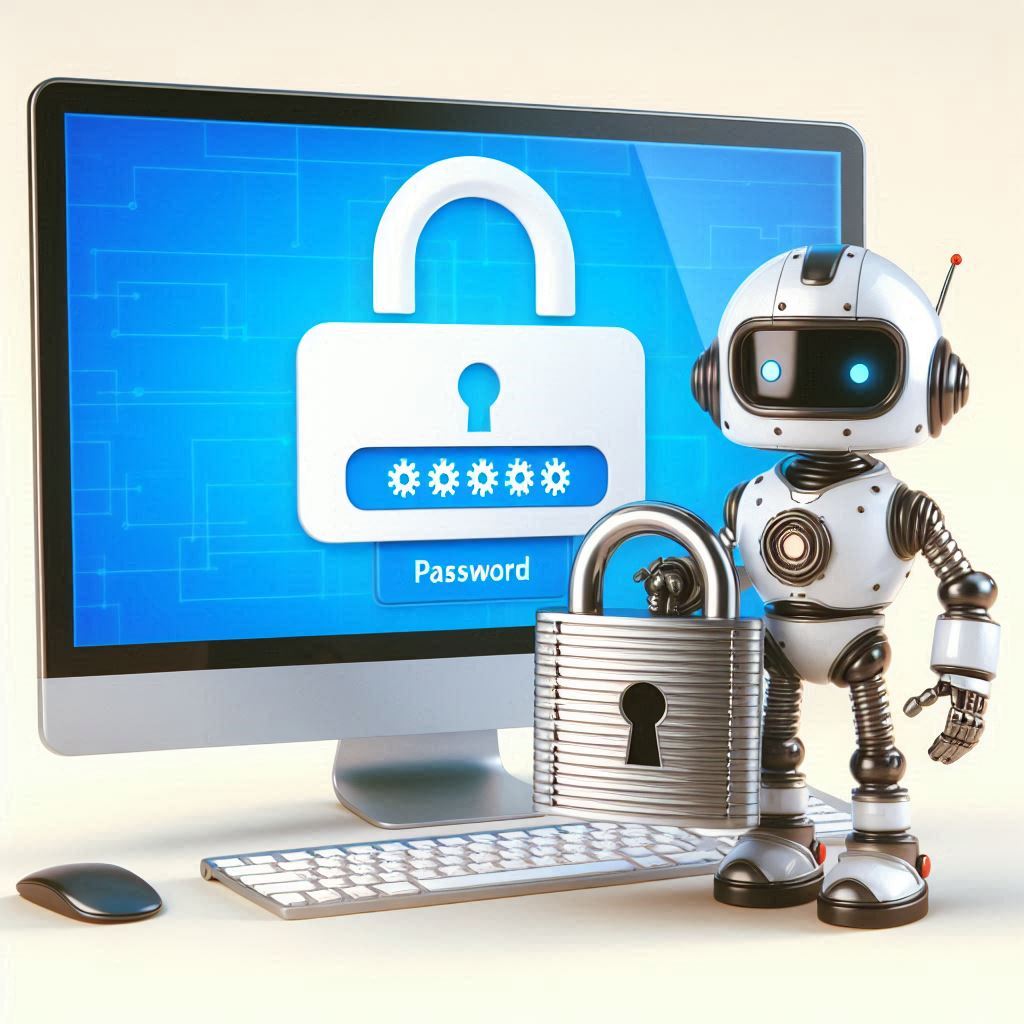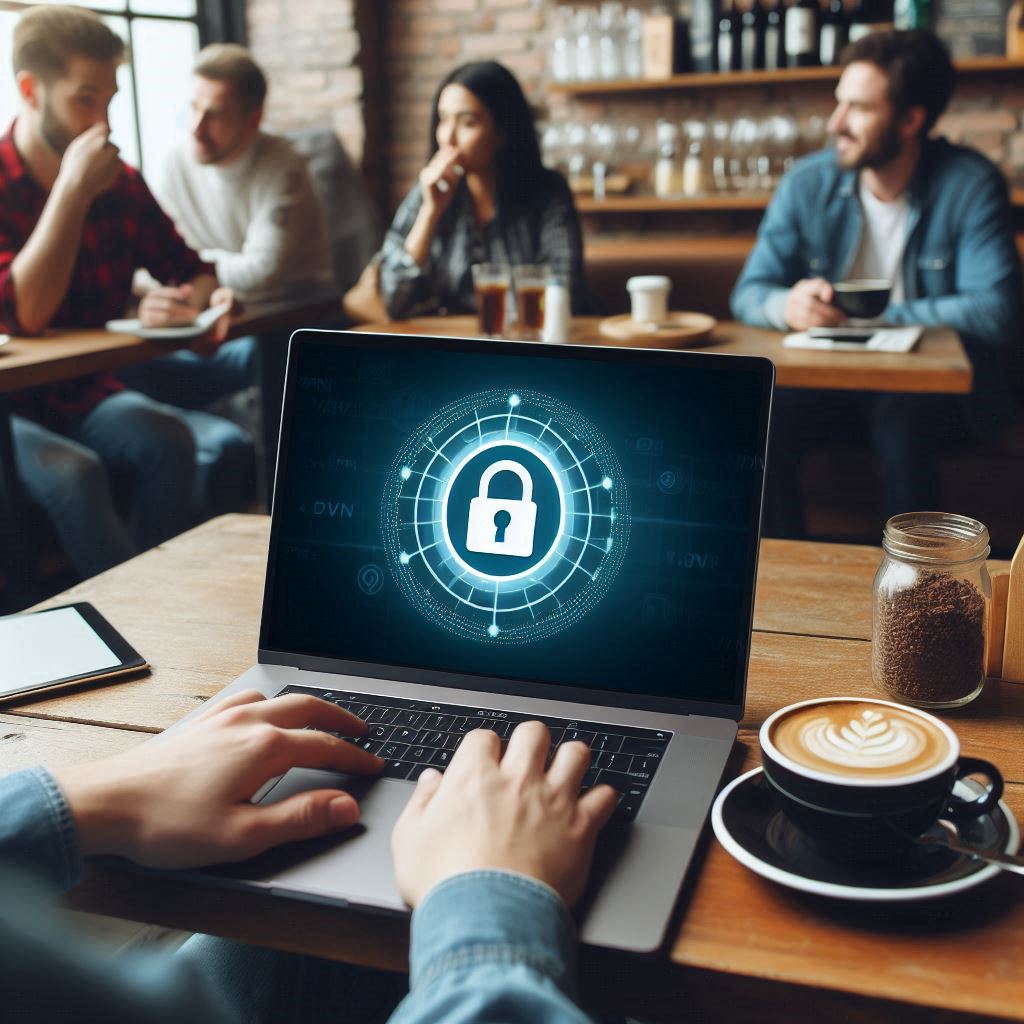
Understanding the Importance of Strong Passwords
In our digital age, passwords are the first line of defense against unauthorized access to our personal and professional accounts. A strong password can mean the difference between keeping your sensitive information secure and falling victim to cybercrime. Creating and maintaining strong passwords is a crucial skill in today's interconnected world.
The Anatomy of a Strong Password
Length Matters
The longer your password, the harder it is to crack. Aim for a minimum of 12 characters, but longer is always better.
Mix It Up
Use a combination of uppercase and lowercase letters, numbers, and special characters. This diversity makes your password more complex and harder to guess.
Avoid Personal Information
Never use easily guessable information like birthdates, names of family members, or addresses.
Techniques for Creating Strong Passwords
The Passphrase Method
Create a memorable phrase and modify it with numbers and special characters. For example, "I love eating pizza!" could become "1L0v3E@tingP!zza".
The Acronym Technique
Take a sentence and use the first letter of each word, along with numbers and symbols. "Every morning I drink two cups of coffee!" might become "EmId2co C!".
Random Word Combination
String together unrelated words and add numbers and symbols. For instance, "correct horse battery staple" could be transformed into "Corr3ct#Horse$Battery^Staple".
Common Password Mistakes to Avoid
Reusing Passwords
Using the same password across multiple accounts is a significant security risk. If one account is compromised, all others become vulnerable.
Using Dictionary Words
Avoid using single words found in the dictionary, as these are easy targets for brute-force attacks.
Sharing Passwords
Never share your passwords with others, even if you trust them. Each person should have their own unique login credentials.
Tools to Help Manage Strong Passwords
Password Managers
Consider using a reputable password manager to generate and store complex passwords securely.
Two-Factor Authentication
Whenever possible, enable two-factor authentication for an additional layer of security beyond your password.
Regularly Updating Your Passwords
Set a Schedule
Make it a habit to update your passwords regularly, ideally every three to six months.
Prioritize Sensitive Accounts
Focus on changing passwords for your most critical accounts first, such as email, banking, and primary social media profiles.
What to Do If Your Password Is Compromised
Act Quickly
If you suspect your password has been compromised, change it immediately.
Check Other Accounts
If you've used the compromised password on other accounts, change those as well.
Monitor for Suspicious Activity
Keep an eye on your accounts for any unusual activity and report any suspicious actions to the service provider.
The Future of Password Security
As technology evolves, so do methods of authentication. Biometrics, such as fingerprint and facial recognition, are becoming more common. However, strong passwords remain a crucial aspect of cybersecurity for the foreseeable future.
Conclusion
Creating and maintaining strong passwords is an essential skill in our digital world. By following these guidelines and staying vigilant, you can significantly enhance your online security. Remember, your passwords are the keys to your digital life – treat them with the importance they deserve. Regular updates, unique combinations, and a cautious approach to sharing will go a long way in keeping your digital presence secure.
Tips on SEO and Online Business
Next Articles
Previous Articles







